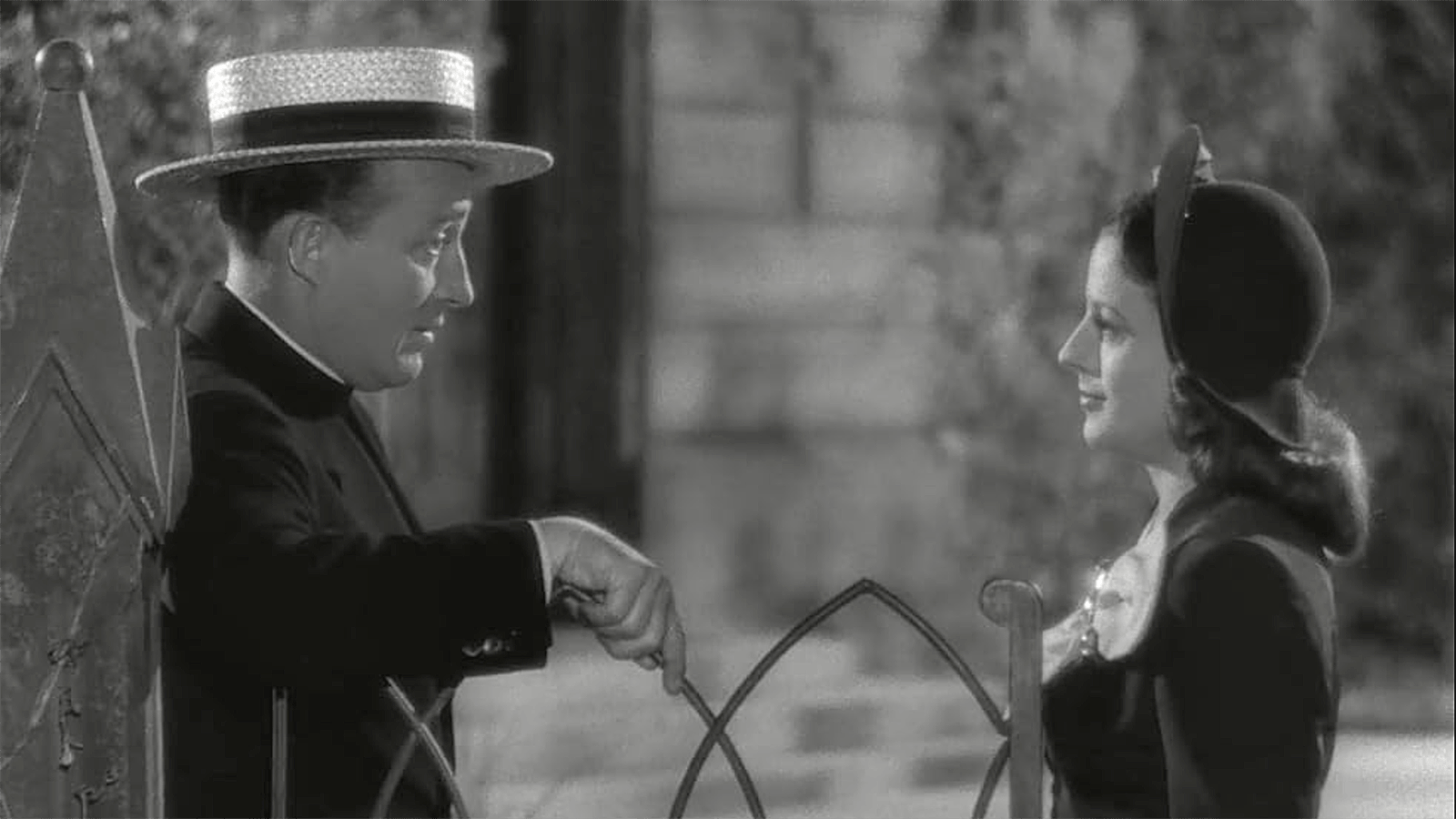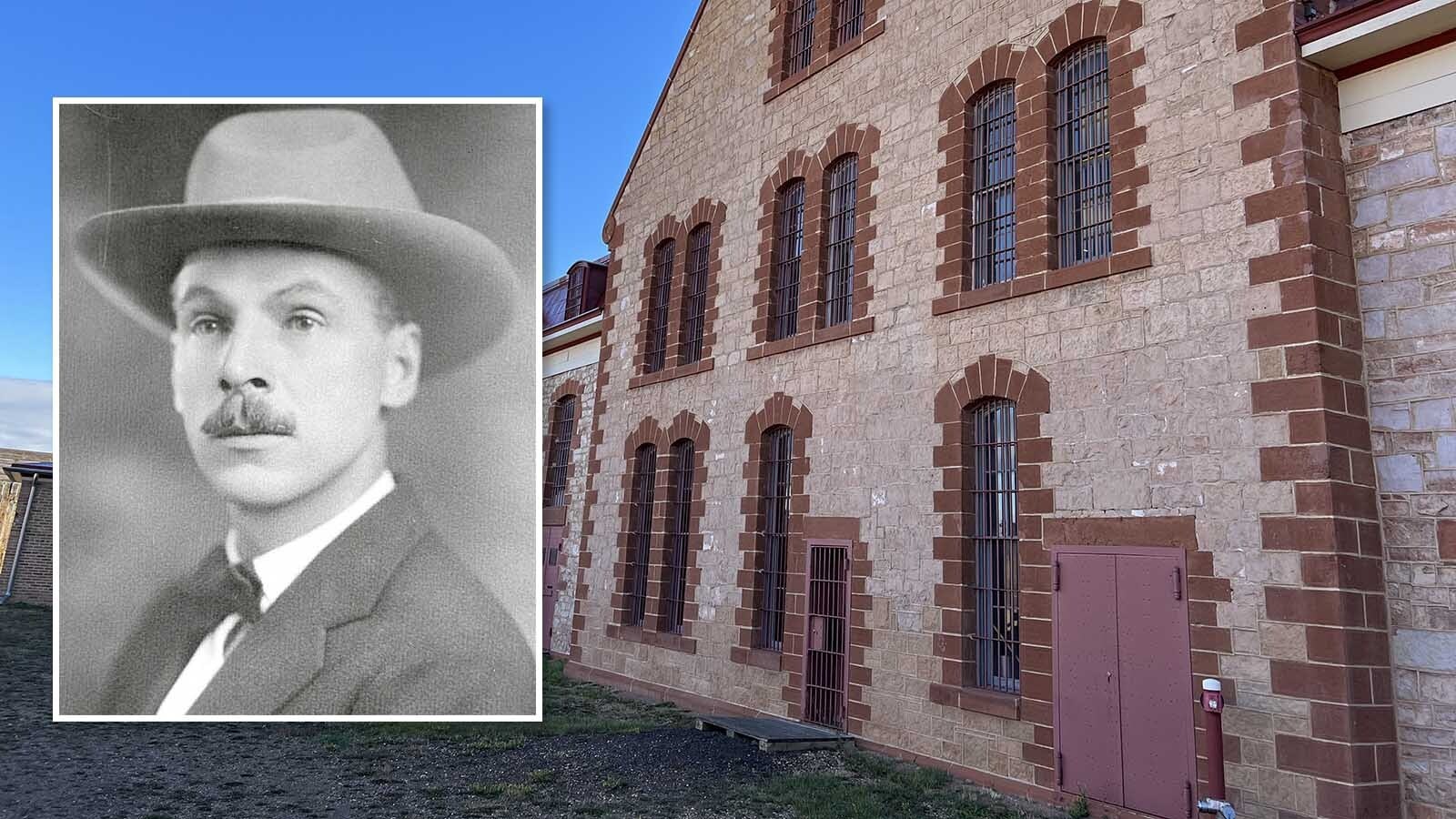When he was just 10 years old, Steve Brazelton got his first taste of panning for gold during a camping trip he borrowed a tin pan from his mom and headed to the creek.
“I didn't know what I was doing, but I was pretending I was a gold prospector,” he said.
It wouldn’t be until more than 20 years later that the Worland man found his first real gold nugget. While he was panning in a creek near South Pass City in 1993, a man drove by and asked if he’d had any luck. Brazelton hadn’t, so the man invited him down to his own claim.
“He says, ‘Well, there's a spot right over here. You go over there, and I'll bet you find something,’” Brazelton said. “And I did. I found my first nugget. I was hooked. That was it.
“When you find your first piece of gold, you either love it or it's like, ‘Okay, I don't want to do this anymore’ because you’ve got to work,” he added. “You can't be afraid to use a shovel and a pick and dig dirt. It sounds corny, but it's kind of a labor of love.”
How It All Began
After his initial childhood foray into pretend prospecting, Brazelton didn’t give it any more thought until the early 1990s, when he stumbled across a show about gold prospecting on the Outdoor Channel.
Sponsored by the Gold Prospectors Association of America, the host visited various locations where gold could be found.
“The guy made it interesting with his stories he told and the little tidbits of history,” Brazelton said. “It came on weekly, and I just got interested in prospecting. That's kind of how I started.”
Brazelton sent in money to join the Gold Prospectors Association of America and received a box that included a hat, a gold pan, a claims guide, and a bumper sticker. He also began receiving Gold Prospectors Magazine, which featured articles on how to pan for gold and the best places to look.
Wanting to give prospecting a try in Wyoming, Brazelton just needed a place to search. He found it when he stumbled across a pamphlet about South Pass City.
“It said, ‘Self-guided tour of South Pass City.’ I had no idea where South Pass City was,” he said. “I mean, I lived here all my life, but I’d never been down there.”
So Brazelton loaded up his dog and headed down to Atlantic City and South Pass City near Lander.
“I taught myself how to pan after reading the articles in the magazine about what to look for and how to do this and that, and that's how that all evolved,” he said. “It's not really that hard to learn how to pan. It just takes time and patience.”
Learning Opportunities
For its members, the Gold Prospectors Association of America offers outings in various states which are designed to provide hands-on experience, expert guidance and a chance to keep all the gold they find.
Brazelton attended events in California, Oregon, Arizona and Colorado.
“You could go, and they'd show you how to do things,” he said. “You talked to all different kinds of people and watched how things were done.
“It was interesting to hear how they started,” he added. “I ran into an old miner in Leadville, Colorado, and he came walking up, and I was sitting on my tailgate, and he goes, ‘Is this what you're looking for Sonny?’ This guy must have been 85 years old.
“I held my hand out, and he dropped a nugget in my hand that was three inches around. I just couldn't believe it.”
Brazelton said one of his favorite trips was to Burnt River, Oregon. He took his mom and dad with him, which made it special.
“I had my mom and dad with me and got to see some new country and meet new people and get a little gold,” he said.
As his interest in prospecting grew, so did his fascination with the history of gold in the country, as well as mining. He’s been to Butte, Montana twice to learn about copper mining, and also took a trip to Alaska.
He said anytime he goes to a mining community he makes sure to visit mining museums in the area. He also has quite the collection of mining books and articles.
“When I went with my brother to Fairbanks, Alaska, it was very interesting to see how they mined,” he said. “They have huge bucket line dredges, and you go in and you take a tour, and you walk around in it and go up in it.”
Bring Your Bucket
In the last few years, Brazelton has only gone out prospecting a couple times, but said not long ago he went about once a month.
He started a local prospecting club in 2015, and the group would meet monthly, often heading to the Bighorns near Lovell to search for gold until the club disbanded a few years ago.
While South Pass is his favorite spot in Wyoming, he’s checked out other locations including Bald Mountain City, which was a short-lived gold mining settlement in the Bighorn Mountains near Lovell.
“There's a couple of creeks I've panned and run my equipment on and found some pretty decent gold,” he said.
There’s also Alkali Creek, which runs between Cody and Powell, which has “super fine gold similar to face powder.” He also checked out Kirwin near Meeteetse. He didn't find any gold but still had a good time.
“Everywhere I go, I usually have my pan with me,” he said. “And if I see a creek that looks interesting, I'll pan it a little bit to see what's there,” he said. “Nine times out of 10 there's nothing. But that's just prospecting. That's how it works.”
When out prospecting, Brazelton and his friends make sure to bring 5-gallon buckets that they can fill with dirt to bring home.
“Five-gallon buckets are a prospector’s friend,” he said. “My buddy John Rogers, he's 75, I think, and this guy outworks me and I'm 66. We call him the badger because he can dig like a badger. Once John had 20 in his and I had 18 in mine, full five-gallon buckets of dirt.
“And we came home with all this. Later we will go to a creek somewhere and set up our equipment and we’ll pan.”
Hit Or Miss
Brazelton describes his overall success at finding gold as “a little bit here and a little bit there,” with the occasional bigger discovery thrown in.
“It's a hobby so you know you're not going to get rich at it, but you're out in the outdoors camping and it's just nice to be out and see new places,” he said. “You’re out there having fun. and then if you find gold, that's a plus.”
About six years ago he and a friend were both running equipment. When Brazelton shut his water off and pulled the screen out, there was a nugget laying on the mat large enough he could pick it up.
“That was pretty exciting,” he said. “When you're out there with your friends, and then you find a piece of gold that's kind of the icing on the cake. When you find a piece of gold that nobody has ever seen since it was created, and you’re the first one to see it, hold it, it's kind of cool.”
Brazelton has also discovered specimen gold, which looks like a simple rock on one side but is laced with gold and quartz on the other.
“That made my whole summer because it's really rare to find one of those,” he said. “It's just little things like that.”
Two Passions Come Together
In 2015, Brazelton started his own small business, West River Prospecting Supplies. It came about after he learned about Zortman, a historic mining town in Montana close to the Canadian border.
He and friends went up four different times and it was on one of the trips he discovered a new line of equipment.
He reached out to the maker Proline Mining Equipment to order something and ended up becoming a dealer. Brazelton bought a small shed that sits on his property and set up his shop.
“I have pans and sluice boxes and a few other things in my store,” he said. “It hasn't really been what we'd call a profitable business, but it's a hobby business.”
He said he mainly gets the occasional newcomer interested in giving it a try. He fills them in on how to get started and where to go.
“The best way to learn to pan is get a tub in your backyard, fill it up with water, put some dirt in your pan and then take some lead shot and put it in there,” he said. “Then pan over and over again and when you are able to save all that lead shot, then you can pan gold, because gold is quite a bit heavier than lead.”
He also enjoys teaching others about gold history and how to prospect, especially younger people. He’s done a panning demonstration for a church youth group and also had a group of Boy Scouts come out to his property for one as well.
“I like younger people to get involved in it,” he said. “It gets them outdoors and gives them something to do. It could be with mom and dad camping somewhere. If they’ve got a gold pan, they can go down to the creek and pan the creek.”
Along with his prospecting passion, Brazelton is also a coin collector. After more than 20 years of buying, selling and appraising coins at gun shows, he’ll be opening his own shop called The Vault Coin Company next month in the old U.S. Bank building in Worland.
“I'm going to take my prospecting stuff and combine them together,” he said. “I'll have a coin shop, prospecting shop. I'm excited about that.”
He invites anyone who would like to learn more about prospecting to stop by when the shop is open.









